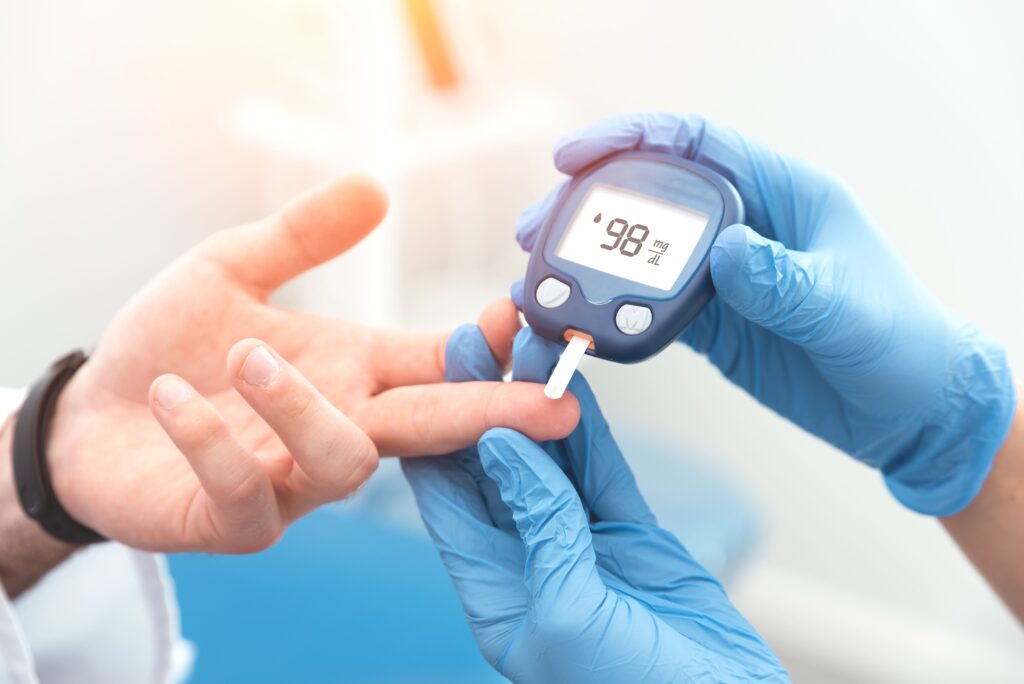Once-Weekly Efsitora Offers New Hope in Diabetes Management

The clinical trial results for Eli Lilly’s once-weekly insulin efsitora indicate that it matches the effectiveness of daily insulin glargine in managing type 2 diabetes. The findings, published in the New England Journal of Medicine, suggest that this new treatment could simplify insulin initiation for patients who have not previously received insulin therapy.
In the QWINT-1 trial, which involved 795 patients across 71 sites in Argentina, Mexico, and the United States, efsitora demonstrated noninferiority to glargine in reducing glycated hemoglobin (HbA1c) levels. Results showed a reduction from 8.20% to 7.05% over 52 weeks in patients treated with efsitora, while maintaining a lower need for dose adjustments and a reduced risk of hypoglycemia.
Revolutionizing Insulin Therapy
The QWINT-1 trial highlights the potential of a fixed-dose regimen with efsitora, which could significantly benefit insulin-naïve adults with type 2 diabetes. Traditionally, adjustments to basal insulin doses have occurred weekly based on fasting blood glucose levels. The efsitora regimen allows for a more streamlined approach, with 76% of participants remaining on one of four fixed doses throughout the trial.
Study authors noted, “A fixed-dose regimen of insulin efsitora alfa may provide a benefit in adults with type 2 diabetes who have not received previous insulin therapy.” This could lead to a decrease in the treatment burden for patients, making insulin therapy more accessible and manageable.
Clinical outcomes showed that patients using efsitora had a mean total insulin dose of 289.1 U/week compared to 332.8 U/week for those on glargine. Additionally, rates of clinically significant or severe hypoglycemia were lower with efsitora at 0.50 events per participant-year versus 0.88 for glargine.
Long-Term Efficacy and Future Implications
The QWINT-3 trial, which compared efsitora to daily insulin degludec over 78 weeks, further supports the long-term efficacy of efsitora. Initial results indicated that efsitora reduced HbA1c by 0.86%, compared to 0.75% for insulin degludec. These findings may indicate a substantial shift in diabetes care, as patients often hesitate to start insulin treatment due to the perceived complexity and lifestyle disruptions.
Dr. Jeff Emmick, senior vice president of product development at Eli Lilly, emphasized the significance of this new treatment approach. He stated, “Once weekly insulins, like efsitora, have the potential to transform diabetes care as we know it. With a simple fixed-dose regimen, once-weekly efsitora could make it easier for people with diabetes to start and manage insulin therapy, while reducing the impact it has on their day-to-day lives.”
The promising safety and efficacy profile of efsitora in multiple trials suggests that it may soon be adopted more broadly in clinical practice. With fewer dose adjustments and a lower risk of hypoglycemia, this innovative treatment option could reshape how insulin therapy is approached for individuals with type 2 diabetes.
As regulatory submissions are contemplated, the evidence from the QWINT trials will play a crucial role in determining the future landscape of diabetes management. The potential for once-weekly efsitora to simplify treatment protocols and improve patient adherence could lead to significant advancements in the care of type 2 diabetes.






